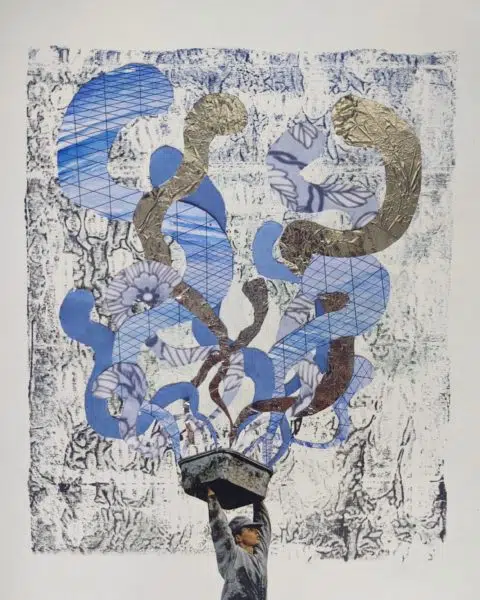Climate Change Resources
We hope this Resource Studio inspires you and grows your understanding and knowledge as you develop your creative submission. Dive into articles, videos, quizzes, and more to help you learn about the climate crisis and its impact on our marine ecosystems and lives.
2024 Ocean Awareness Contest: Tell Your Climate Story
How to EnterResearch & Background
“Climate change is also really important. You can wreck one rainforest then move, drain one area of resources and move onto another, but climate change is global.”
—Sir David Attenborough
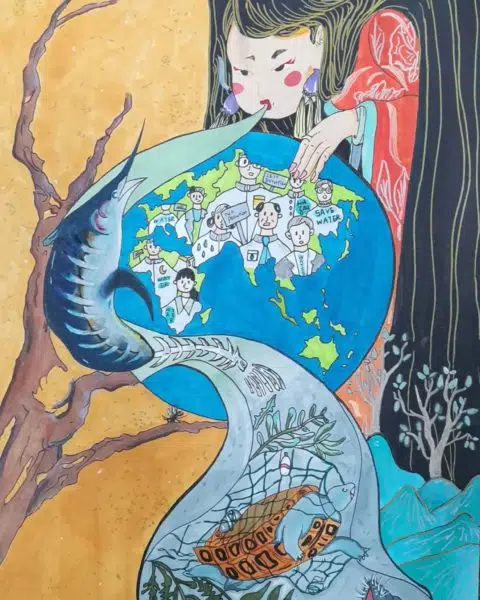
No matter where you live, the ocean makes life on Earth possible, and it is one of our biggest tools to fight climate change. The ocean helps regulate our climate and absorbs heat, and currents distribute that heat around the globe. Photosynthetic organisms like phytoplankton and kelp remove heat-trapping carbon dioxide. Sea ice reflects the sun’s radiation back out of our atmosphere. We need to protect our ocean if we are to have a chance at reversing climate change. Learn More >
Use the Resources below to learn about climate change’s impacts on the ocean and fuel your research for the 2024 Ocean Awareness Contest.

Climate Science 101
Climate science can be overwhelming and complicated. We’ve curated our Resource Studio to introduce you to different aspects of human-induced climate change, so that you can explore its causes and effects on our oceans and our lives.
You don’t need to be a climate scientist to be able to talk about the issues, but we encourage you to learn the basics of global warming so that you can communicate creatively and effectively about the climate crisis in your Ocean Awareness Contest submission. Check out these videos and articles for some background information.
Causes of Climate Change
Climate change is caused by humans releasing heat-trapping gases – like carbon dioxide, methane, and nitrous oxide – when we do things like drive cars or use non-renewable electricity.
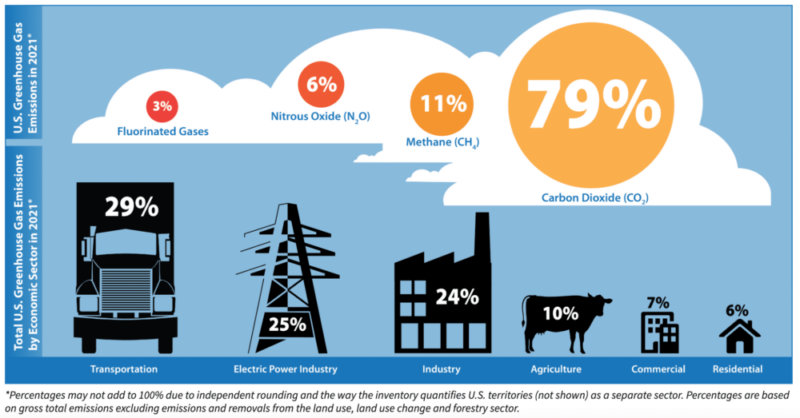
Explore the EPA’s Greenhouse Gas Inventory Data Explorer
These gases hang around in our atmosphere, preventing heat from escaping and raising global temperatures. Much of this excess heat is absorbed into our oceans, with catastrophic effects. Learn More >
Heat-trapping gases can also come from some surprising sources, like deforestation, agriculture, and plastic production. Learn more below.
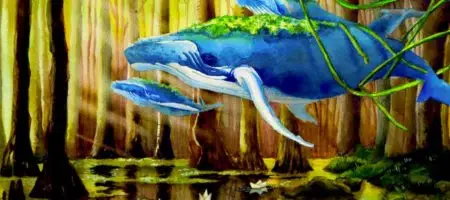
Deforestation
Living trees remove heat-trapping gases from our atmosphere. When we cut them down, those gases are released.

Industrial Agriculture
Clearing land for agriculture, as well as methane emissions from livestock, contribute to climate change.

Plastic Production
Plastic is a by-product of petroleum, a natural gas that contributes to climate change.
Effects of Climate Change
Explore below to learn more about climate change impacts on our oceans, and how our warming oceans are impacting us.
- Climate Change: Global Sea Level
- Impacts
- Coastal Risk Screening Tool – See how your region will be affected by sea level rise
What is the difference between weather and climate?
“Think about it this way: Climate is what you expect, weather is what you get.
Weather is what you see outside on any particular day. So, for example, it may be 75° degrees and sunny or it could be 20° degrees with heavy snow. That’s the weather.
Climate is the average of that weather. For example, you can expect snow in the Northeast [of the United States] in January or for it to be hot and humid in the Southeast in July. This is the climate.” – National Ocean Service
Environmental Justice
The environmental movement is tightly linked with social justice. Lower-income communities, people of color, and developing nations are the first to face the impacts of climate change that threaten their health, well-being, and livelihood.
An overview of Environmental Justice & Environmental Racism
“Do-nothing climate policy is racist policy, since the predominantly non-White global south is being victimized by climate change more than the Whiter global north, even as the Whiter global north is contributing more to its acceleration.”
—Ibram X Kendi
- Environmental Justice: Addressing the Burden of Air Pollution
- Air Quality — Community Engagement, Environmental Justice & Health
- Secondhand fashion, trash and inequality: how the global North continues to colonise – Eco Styles
If you choose to address pollution in your Ocean Awareness Contest submission, make sure you connect it to climate change.
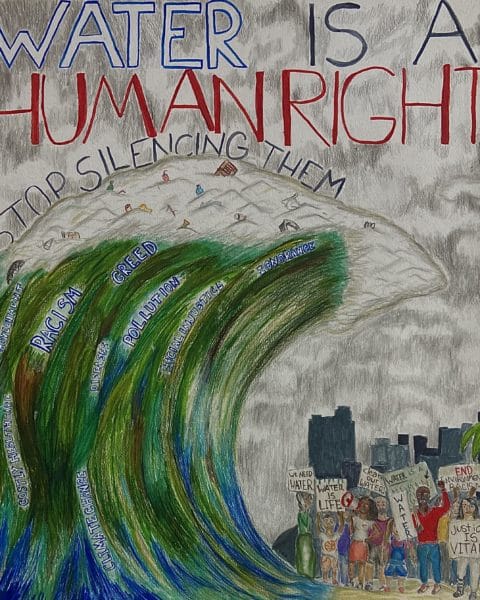
As you read and learn about environmental injustice, look for climate heroes who are tirelessly fighting injustice.
- These young leaders are driving action on nature and climate
- Thousands call for ‘climate reparations and justice’ in global protests
- President Lula’s first pro-environment acts protect Indigenous people and the Amazon
- In the Ecuadoran Andes, protectors of the páramos guard their water source
- Poisoned Water & Corporate Greed: Attorney Robert Bilott on His 20-Year Battle Against DuPont
- As Biden Axes KXL Pipeline, Water Protectors Urge Him to Reject DAPL and Line 3
Other Ocean Issues
Climate change is not the only human activity impacting the ocean. Click below to learn about other threats to our blue planet.
The 2024 Contest asks you to focus on climate change, so, if you do decide to address these other issues, think – how do they relate to climate change? Make sure you connect your final submission to climate change.
Climate Heroes
A climate hero can take many forms. Whether they are developing new technologies, advocating for environmental justice, or raising awareness through art, they are fighting to alleviate and reverse the effects of climate change. Meet some Climate Heroes >
Our 2023 Contest: Climate Heroes in Action asked students to celebrate the work of countless everyday heroes fighting to make the world more habitable and just in the face of human-induced climate change. Stay tuned for the winners announcement in November!
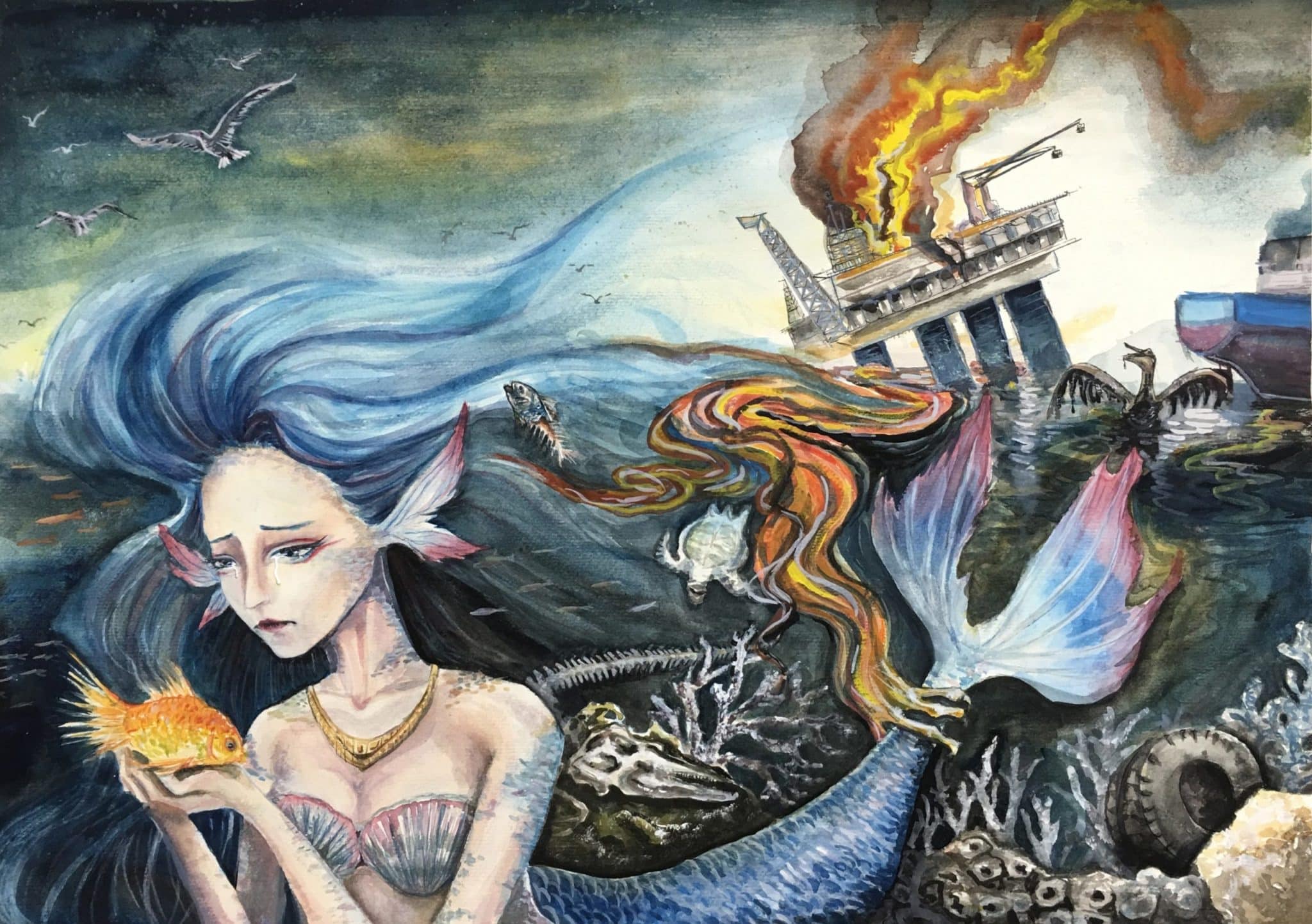
Climate Anxiety
Climate change can feel scary, overwhelming, and depressing. It is important to let yourself feel anger at its impact on your daily lives, and grief at the loss of ecosystems or species. That grief is a reminder of our love for this living blue planet.

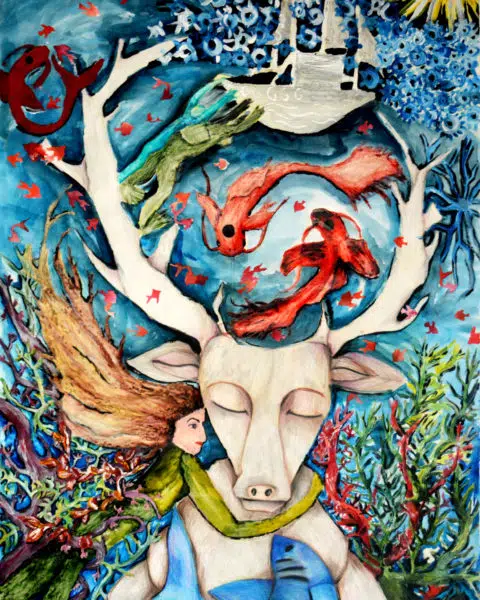
Use your art-making to speak up for and imagine a better future. It’s not too late to make radical changes to improve our climate’s trajectory. We believe that art-making is a powerful tool to help you explore, experience, and process your deepest responses to what’s going on in the world, and our global Ocean Awareness Contest is community-centered around collective expression. We’re all in this together 💪
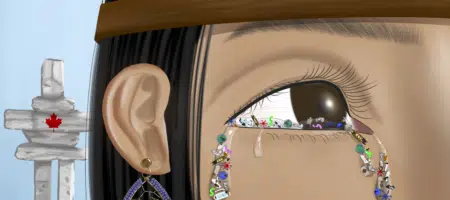
Resources for Working with Climate Emotions

How to Cope with Anxiety about Climate Change
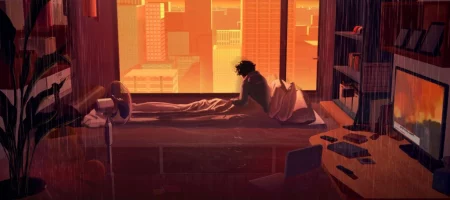
‘Everything is not going to be okay’: How to live with constant reminders that the Earth is in trouble

Climate & Mind

The Climate Anxiety Discussion Has a Whiteness Problem
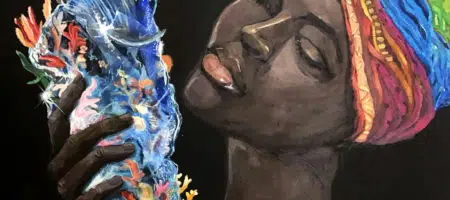
Rachel Cargle and Leah Thomas Talk Black Climate Optimism
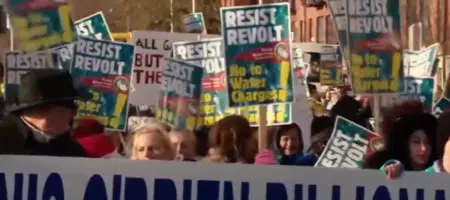
What You Can Do About Climate Change

How to Take Collective Action to Combat Climate Change

How You Can Help the Ocean
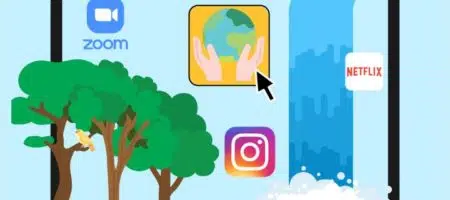
Surprisingly Simple Steps for Surfing the Internet Sustainably
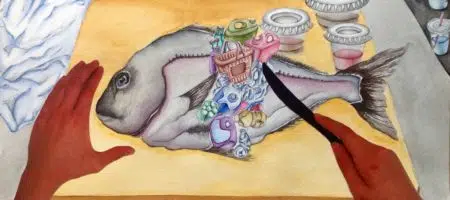
Eating Less Red Meat Is Something Individuals Can Do to Help the Climate Crisis
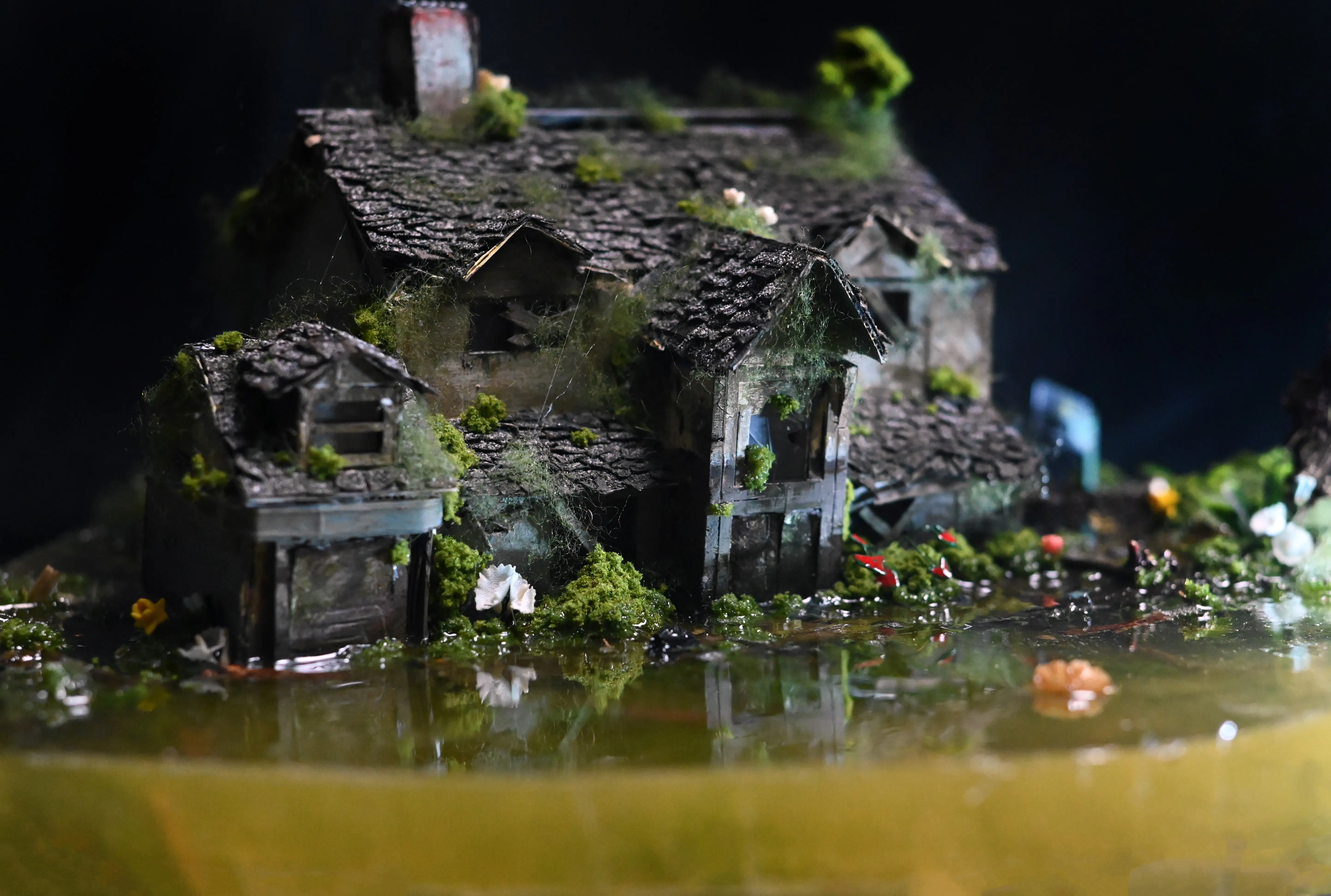
Making A Rain Garden
Additional Opportunities
Visit our Opportunities page to find more ways to stay involved in environmental conservation and creative advocacy after participating in the Contest!

